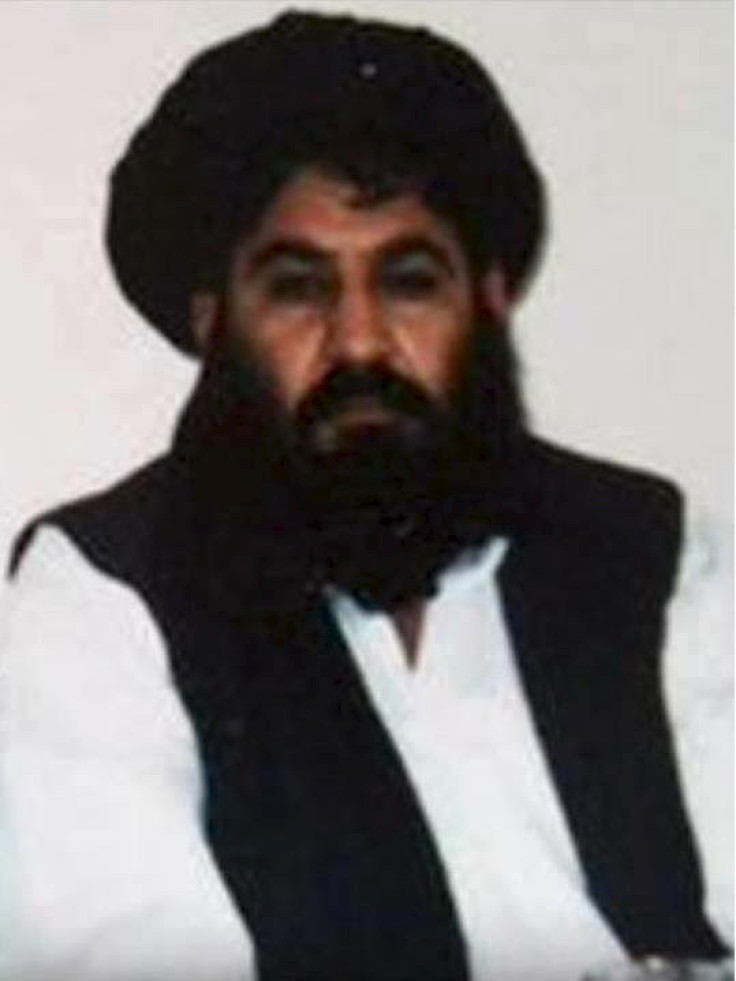Killing of Afghan Taliban chief Mullah Akhtar Mansour a game changer, say Kabul leaders
Political leaders in Kabul are seeing the death of Afghan Taliban leader Mullah Mohammed Akhtar Mansour as a game changer in the long insurgent war tormenting Afghanistan. Mansour's brief rule as the Taliban chief ended when he was killed in a US drone strike in Pakistan on 22 May. He was widely regarded as an obstacle to peace.
For once, President Ashraf Ghani and Chief Executive Abdullah Abdullah seemed to be on the same page, with both welcoming the elimination of Mansour, who had intensified violence against innocent civilians in the country.
Mansour "engaged in deception, concealment of facts, drug-smuggling and terrorism while intimidating, maiming and killing innocent Afghans," the official account of the president's office tweeted.
He further tweeted: "Mansour obstructed development and progress in Afghanistan and obstinately insisted on continuing the war... In the event of Mullah Mansour's killing, a new opportunity presents itself to those Taliban who are willing to end war and bloodshed."
Abdullah has said that the killing of the Taliban leader will undermine the outfit's ability to carry out future attacks in Afghanistan. "His death could deepen fractures that developed in the group in the past year. Mansour was in charge of all terrorist attacks in Afghanistan," Reuters reported the chief executive as saying.
Ghani and Abdullah serve in a national unity government brokered by US Secretary of State John Kerry but do not get along well and rarely see eye-to-eye even when it comes to taking important decisions for the country, according to an AP report. However, they seem to agree at least with respect to Mansour's killing.
"It is time for Afghans to stop fighting and to start building a real future together," Kerry, who spoke to the media regarding Mansour's death from Myanmar, said.
Although his death is said to have likely cleared the way for any further succession battle, the Afghan leadership council that met on 22 May are still not ruling out the possibility of a Taliban mutiny, as the militant group has anyway proved to be intensely buoyant in spite of US military forces deployed in the nation.
Mansour took over the leadership of the Afghan Taliban amid controversies and accusations from many of his own senior commanders, which had even resulted in an open revolt inside the Taliban group for several months resulting in factional warfare. Besides, after making peace within his group, the Taliban launched bold attacks in Kabul, and Mansour is reported to have boasted about the valour of his team, promising to wreck havoc in the country.
However, the Taliban chief's death inside Pakistan could further damage the relationship between Kabul and Islamabad.

© Copyright IBTimes 2024. All rights reserved.





